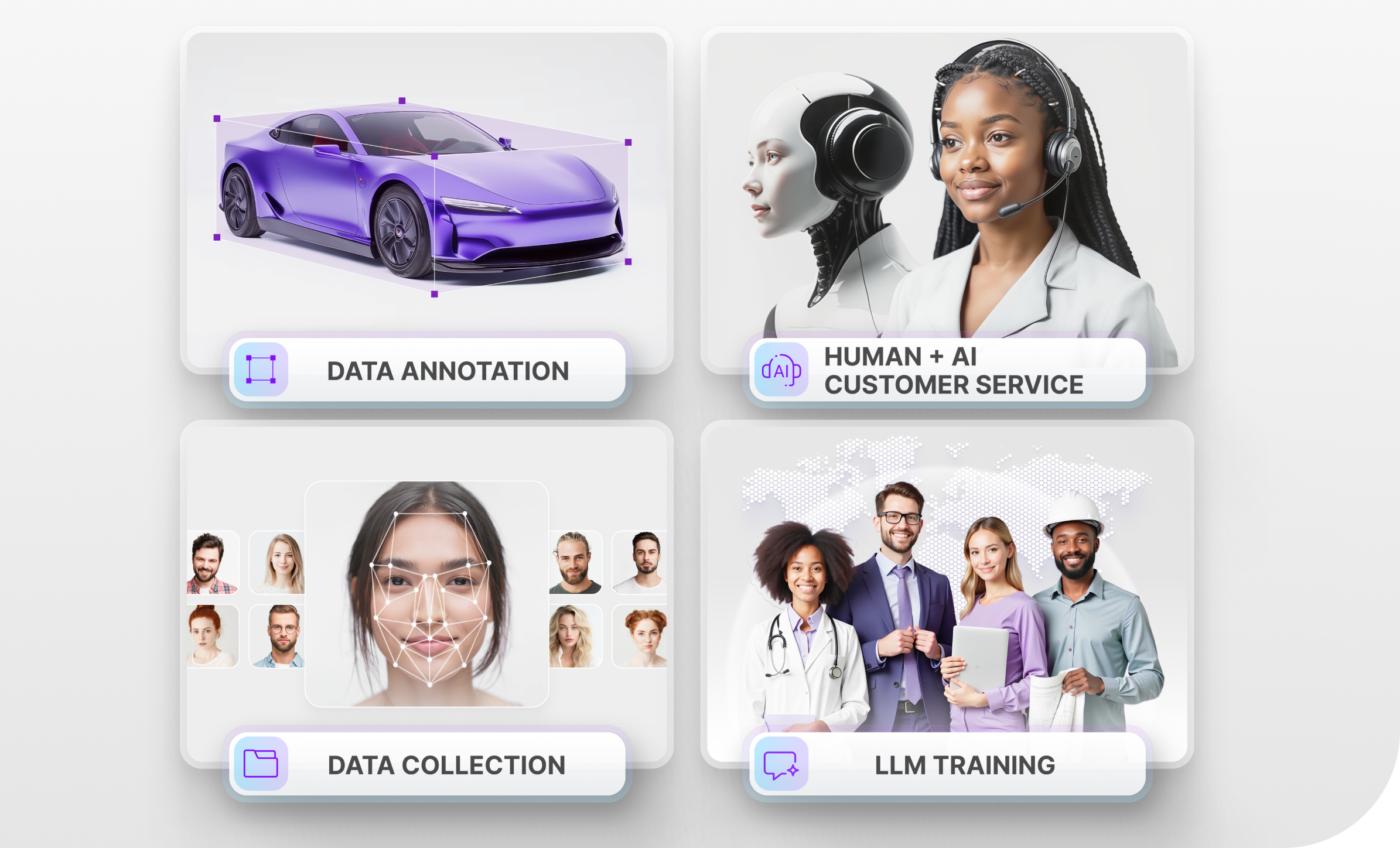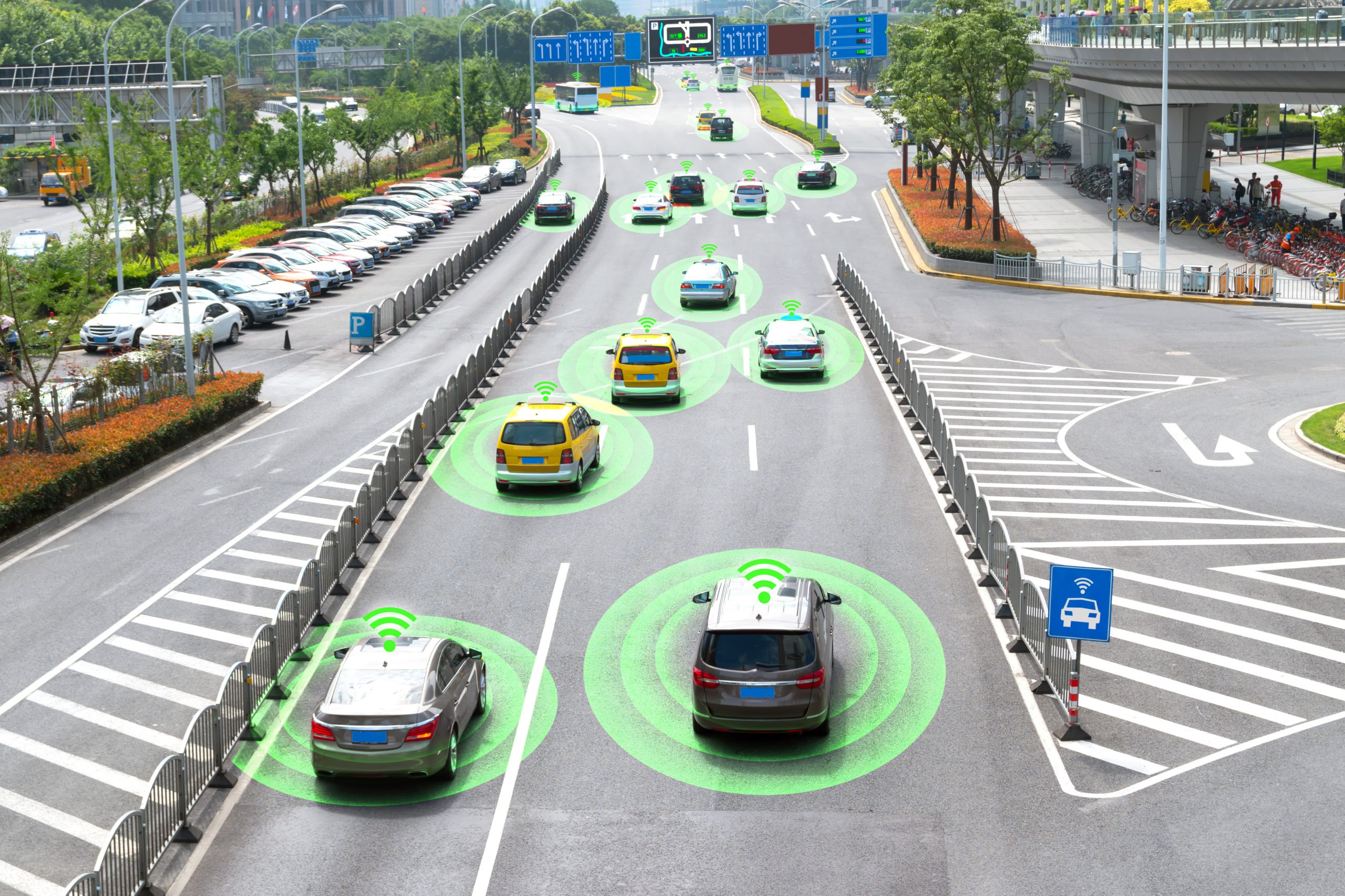The Role of NLP in Annotating Medical Research Papers
The medical research field experiences a transformation through natural language processing in healthcare because it simplifies the process of scientific paper annotation. The large expanding body of medical literature has made manual research paper categorization combined with summary generation and key insight extraction an excessively challenging operation. NLP algorithms use automated approaches to discover significant terms and perform content grouping and pattern recognition in biomedically complex documents. The enhancement of medical research along with precise data annotation through this technology proves imperative for healthcare professionals as well for researchers and organizational needs in the healthcare sector. The article examines how NLP functions in medical research paper annotation and demonstrates current and future applications with field-wide consequences.
How NLP is Used in Medical Research Annotation
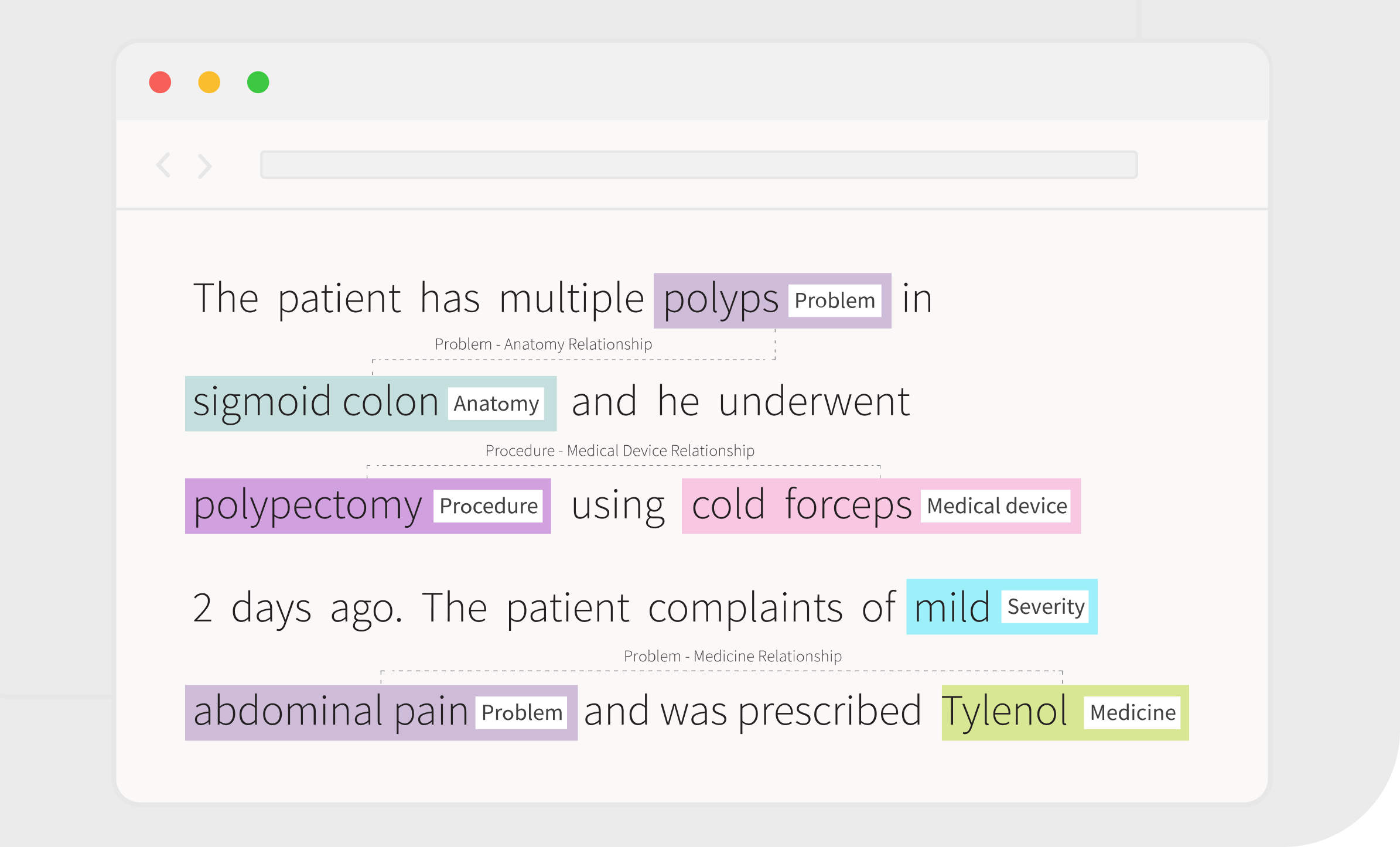
Natural language processing healthcare technology serves medical research annotation through automatic enhancement of information extraction along with classification and structural processing from extensive scientific literature collections. Named entity recognition (NER) and text classification and relation extraction methods within NLP systems recognize biomedical terms along with diseases genes and drugs along with their connecting relations within scholarly research documents. The combination of machine learning models and deep learning techniques allows transformer-based frameworks BERT and BioBERT to understand medical terms effectively. The use of NLP technology enables researchers to generate research summaries and search database items by creating indices and enhancing the way health professionals organize information in their systems. Medical knowledge analysis and utilization become faster through NLP because it eliminates manual work and ensures higher consistency.
Automating Data Extraction from Medical Papers
The implementation of Natural Language Processing (NLP) facilitates automatic data retrieval from medical papers to enable researchers to obtain essential clinical information including qualitative results and drug-effect relationship data. Through machine learning algorithms medical experts can extract significant data points from extensive medical publications which get simplified into structured outputs for thorough analysis. The automation provides quicker research outcomes while decreasing human mistakes and enabling evidence-based healthcare and biomedical research decisions.
Improving Accuracy in Medical Research with NLP
Natural Language Processing (NLP) strengthens medical research accuracy through automatic error reduction of human operators during data annotation work as well as data classification tasks and information extraction processes. Advanced NLP models including BioBERT and GPT-based systems display superior capability to analyze medical terminology along with research paper context relationships. Using NLP for data processing helps medical research become more reliable and allows evidence-based decisions through consistent and bias-free operations.
Key Benefits of Natural Language Processing in Medicine
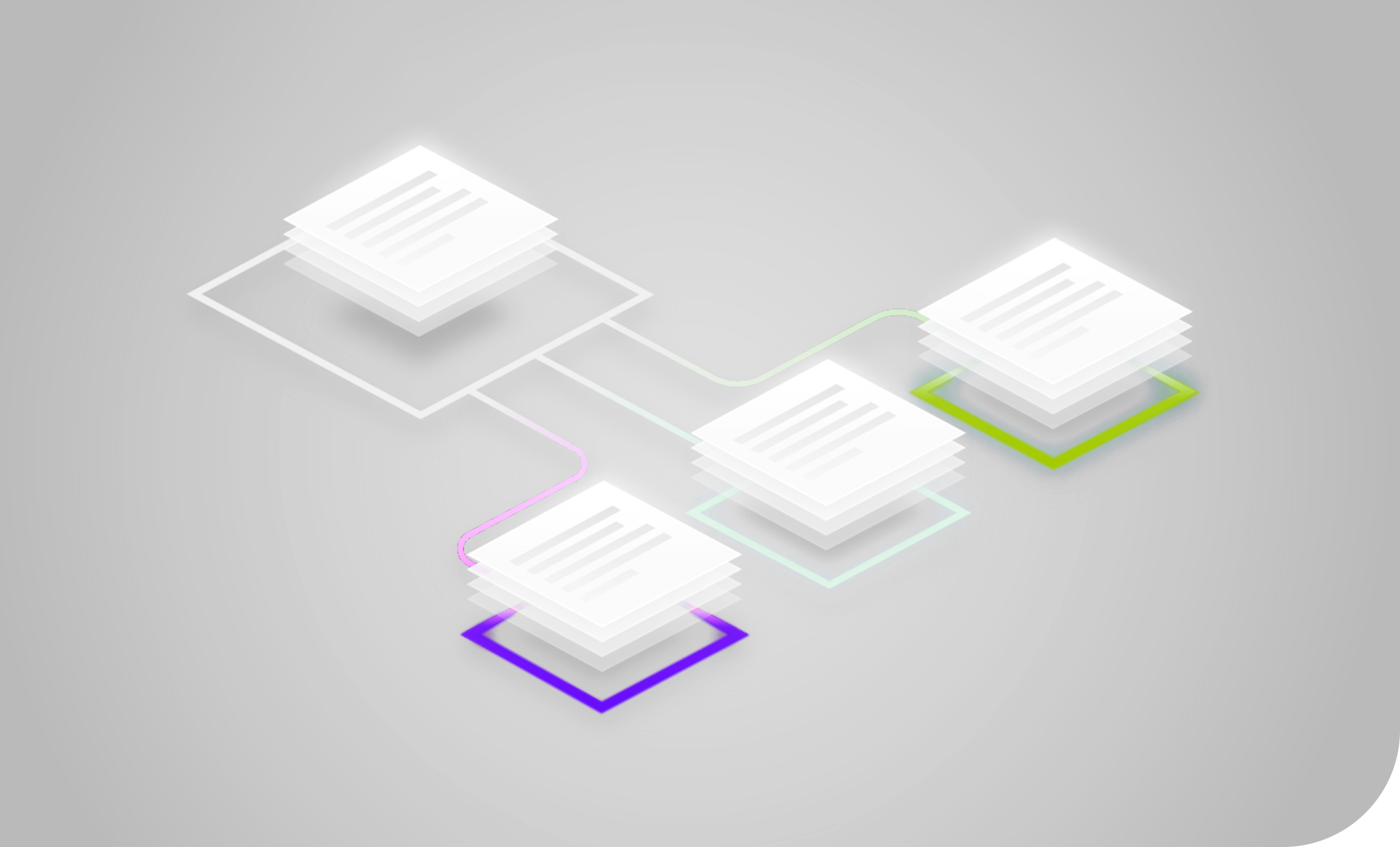
Natural Language Processing (NLP) is revolutionizing the medical field by enhancing the way healthcare professionals process and utilize vast amounts of textual data. From automating research annotation to improving clinical documentation and decision-making, NLP offers numerous benefits that boost efficiency, accuracy, and accessibility in medicine.
Enhancing Efficiency in Medical Data Processing
Medical data processing receives performance improvements through NLP medicine in medicine because the system performs automatic data extraction duties and classifies information and generates summaries. NLP technology minimizes the requirement for human analysis thus it speeds up the assessment of research papers together with clinical notes as well as patient records. A streamlined system through NLP enhances the efficiency of time allocation because healthcare professionals and researchers can use their time more effectively on both vital decision making activities along with patient care.
Reducing Errors in Medical Research Annotation
Natural Language Processing (NLP) helps medical research annotation achieve better results by establishing reliable identification protocols for essential terms and relationships and essential concepts. Using machine learning models helps minimize human biases because standard annotation procedures occur across extensive datasets. Accurate terminologies and relationships in medical research enable better insights which results in more informed healthcare choices.
Supporting Evidence-Based Medicine with NLP
The effectiveness of evidence-based medical practices gets significant support from Natural Language Processing (NLP) through its capability to handle large-scale medical literature and clinical data and patient records. The extraction of research insights combined with key findings summary and study pattern identification through NLP technology allows healthcare staff to base their choices on data analysis of the newest medical research. The implementation of advanced algorithms allows clinicians to discover treatment-outcome connections which leads them to select optimal interventions.
NLP Techniques for Medical Research Annotation
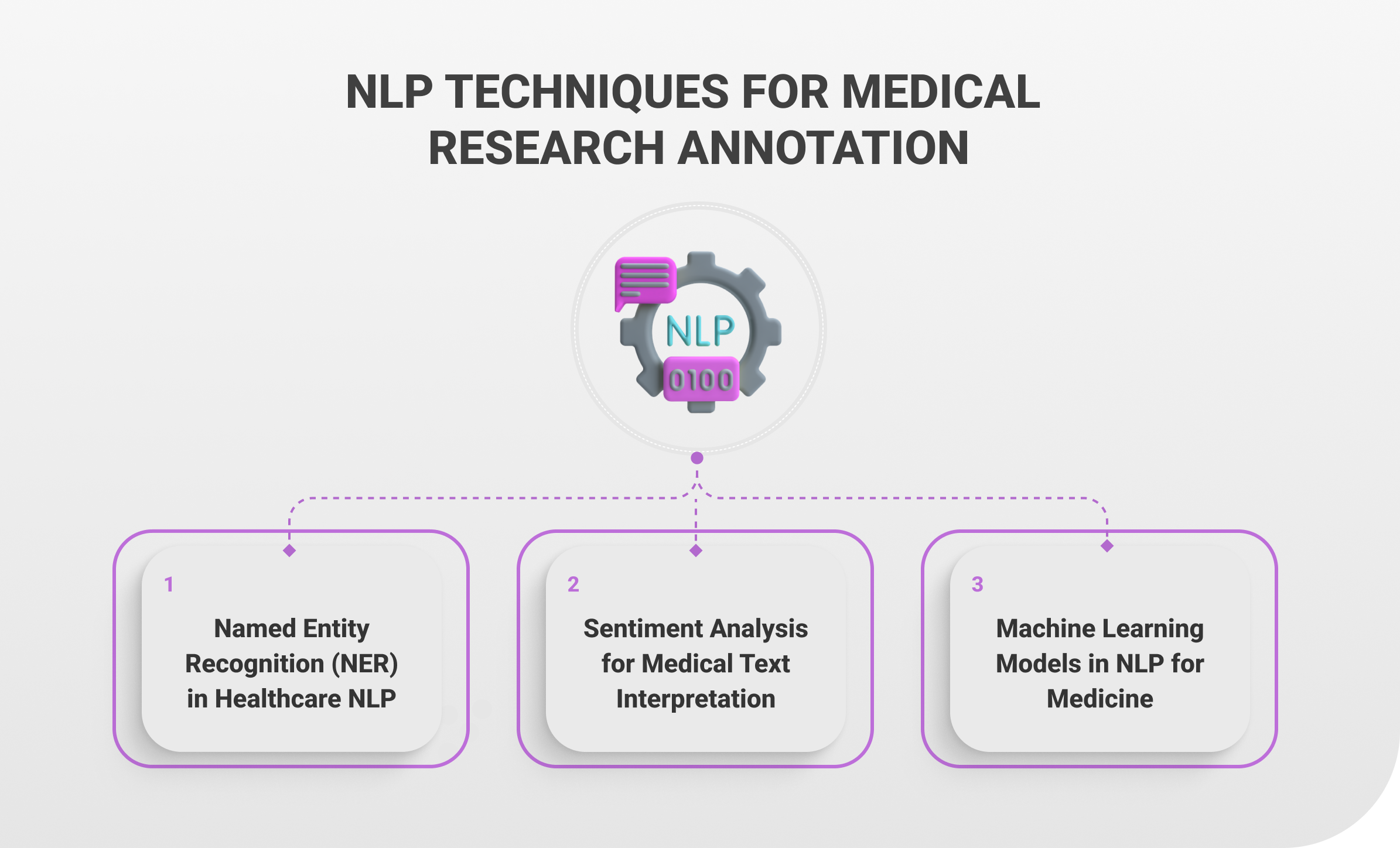
The process of medical research annotation becomes more efficient through the application of different Natural Language Processing (NLP) techniques that extract and classify complex biomedical information. The ensemble of named entity recognition (NER) and machine learning-based text classification techniques increases the accuracy and efficiency while processing large amounts of medical literature.
Named Entity Recognition (NER) in Healthcare NLP
Named Entity Recognition (NER) in healthcare, in NLP medicine is a technique used to automatically identify and classify key medical terms such as diseases, drugs, genes, and treatments within clinical texts and research papers. By accurately extracting these entities, NER enhances information retrieval, supports data structuring, and improves the efficiency of medical research and clinical decision-making.
Sentiment Analysis for Medical Text Interpretation
Through NLP techniques medical text interpretation systems analyze the emotional flavor and affective meaning present in clinical records and patient feedback and academic studies. The analysis of medical documentation helps healthcare professionals identify patient concerns and clinician sentiments besides evaluating treatment effectiveness through language analysis. Sentiment analysis automatically checks positive, negative and neutral emotional content to help healthcare providers support individual patient care needs along with enhancing medical communication.
Machine Learning Models in NLP for Medicine
Machine learning models act as essential components to advance NLP medical because they enable computers to process and understand complicated medical texts automatically. Deep learning algorithms use BERT and BioBERT models which require training large biomedical datasets so medical practitioners can achieve better accuracy when recognizing entities and extracting relations while performing medical text classification. The models acquire better assistance capabilities by processing extensive medical datasets which leads to improved performance for clinical decisions and research evaluation and patient services.
Future Trends in Medical NLP and Research Annotation
Medical NLP together with research annotation will experience substantial progress because machine learning algorithms keep improving and medical datasets increase in quantity and quality. Complex medical documents will experience better accuracy through text analysis because deep learning models including transformers will continue to improve their precision and contextual understanding abilities.
Multi-modal healthcare natural language processing demonstrates potential to provide comprehensive medical annotation through the combination of text data with imaging content and clinical record material and patient information. These technological developments will lead to more immediate automatic insights that will revamp healthcare professionals’ access to medical information and its applications. Healthcare research and clinical care will advance fundamentally with NLP technology that handles language barriers in global healthcare and personalizes treatments through patient-specific data evaluation.
The Role of Large Language Models in Medical NLP
The medical natural language processing field benefits largely from the usage of Large language models (LLMs) GPT and BioBERT that offer refined abilities to understand and generate medical textual content. GPT alongside BioBERT receive their training from extensive biomedical data repositories which allows them to perform efficiently on document summaries and medical question response tasks alongside multifaceted medical content retrieval. Medical text understanding becomes enhanced by LLM ability to decode complex medical language thus leading to better research annotation decisions and more accurate clinical advice and patient-specific treatment solutions.
The Impact of NLP on the Future of Medical Research and Healthcare
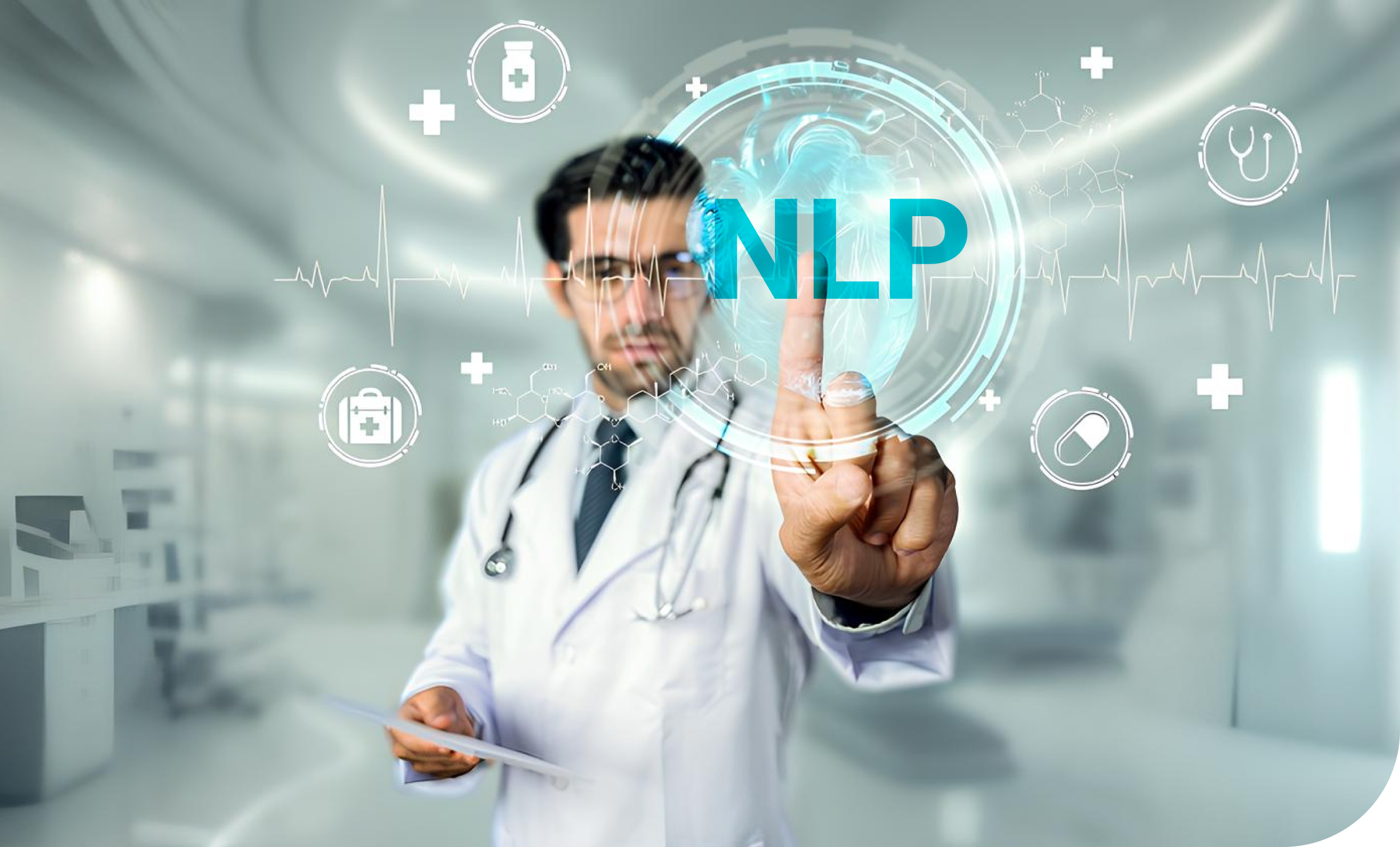
Natural Language Processing technologies bring rapid changes to medical research and healthcare through their ability to analyze extensive medical data with improved accuracy and better efficiency and deeper insights. NLP through Named Entity Recognition and machine learning models and sentiment analysis procedures optimizes research paper annotation while enhancing clinical processes and evidence-based medical applications. Technological progress that integrates large language models with multi-modal data will improve complex medical information processing to generate better healthcare results in patient treatment and medical choices. Medical NLP technology will transform how healthcare workers access and work with data throughout the future thus enabling greater possibilities in research along with better care delivery and new medical advancements.
